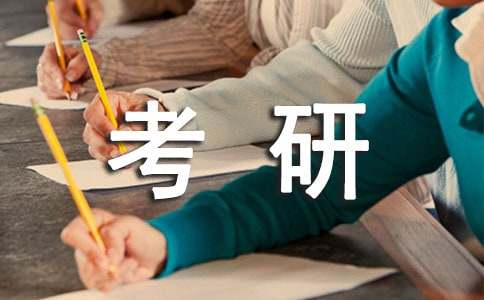- 相關(guān)推薦
2015年考研英語(yǔ)
Directions:Read the following text. Choose the best word(s) for each numbered blank and mark [A], [B], [C] or [D] on ANSWER SHEET 1. (10 points)

Ancient Greek philosopher Aristotle viewed laughter as “a bodily exercise precious to health.” But __1___some claims to the contrary, laughing probably has little influence on physical fitneLaughter does __2___short-term changes in the function of the heart and its blood vessels, ___3_ heart rate and oxygen consumption But because hard laughter is difficult to __4__, a good laugh is unlikely to have __5___ benefits the way, say, walking or jogging does.
__6__, instead of straining muscles to build them, as exercise does, laughter apparently accomplishes the __7__, studies dating back to the 1930’s indicate that laughter__8___ muscles, decreasing muscle tone for up to 45 minutes after the laugh dies down.
Such bodily reaction might conceivably help _9__the effects of psychological stress. Anyway, the act of laughing probably does produce other types of ___10___ feedback, that improve an individual’s emotional state. __11____one classical theory of emotion, our feelings are partially rooted ____12___ physical reactions. It was argued at the end of the 19th century that humans do not cry ___13___they are sad but they become sad when the tears begin to flow.
Although sadnealso ____14___ tears, evidence suggests that emotions can flow __15___ muscular responses. In an experiment published in 1988,social psychologist Fritz Strack of the University of würzburg in Germany asked volunteers to __16___ a pen either with their teeth-thereby creating an artificial smile – or with their lips, which would produce a(n) __17___ expression. Those forced to exercise their enthusiastically to funny catoons than did those whose months were contracted in a frown, ____19___ that expressions may influence emotions rather than just the other way around __20__ , the physical act of laughter could improve mood.
1.[A]among [B]except [C]despite [D]like
2.[A]reflect [B]demand [C]indicate [D]produce
3.[A]stabilizing [B]boosting [C]impairing [D]determining
【考研英語(yǔ)】相關(guān)文章:
英語(yǔ)考研詞匯06-23
英語(yǔ)考研寫(xiě)作06-25
考研英語(yǔ)作文06-20
英語(yǔ)考研作文06-21
考研英語(yǔ)短語(yǔ)11-04
考研英語(yǔ)寫(xiě)作04-15
考研英語(yǔ)閱讀10-12
考研英語(yǔ)沖刺06-16
考研英語(yǔ)復(fù)習(xí)07-05
考研英語(yǔ)大綱07-07